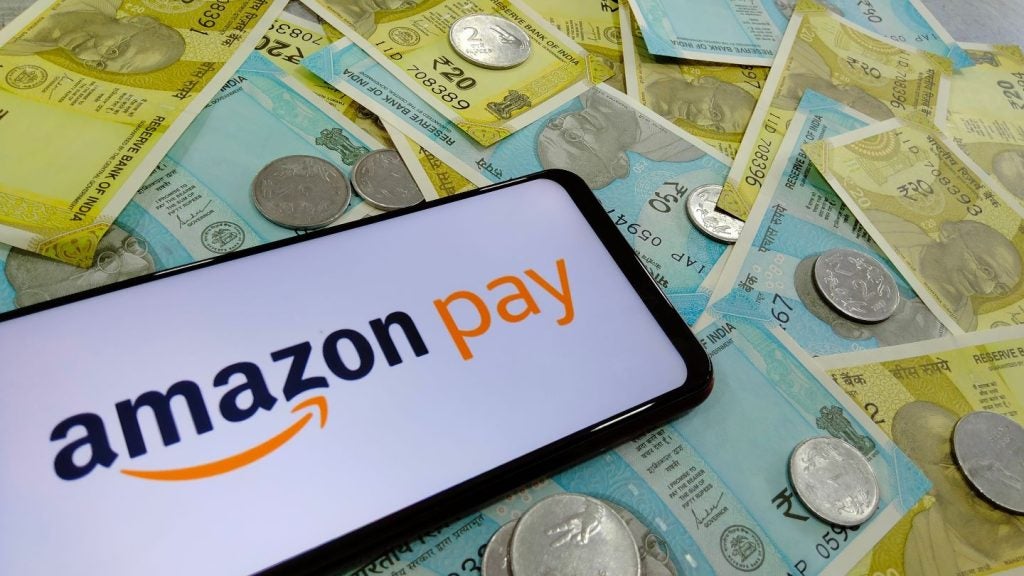Facebook Credits is the payments system that could solve the online micropayments conundrum. But Facebooks market position is a major cause for concern for many with consumer groups levelling accusations of anticompetitive behaviour at the internet giant. Louise Naughton reports
Since Facebooks inception in a dorm room at Harvard in 2004, the social networking website has grown from a fun way to connect with friends to a powerful and wide-ranging multi-billion-dollar business.
Not content with already transforming the way people interact, its move into the payments area with the launch of its virtual currency Facebook Credits aims to irrevocably change the way we pay.
Yet the storms of litigation and claims of unfair business practices have never been far away, consistently threatening to overshadow the undeniably revolutionary and transformative company. The latest of such complaints comes from the US Consumer Watchdog.
Facebook stands accused of engaging in anticompetitive and unfair business practices in the virtual goods market. Furthermore, in controlling 50 percent of the virtual goods market offered in social gaming, it is also believed to be exercising a dangerous and threatening monopoly, thereby destroying price competition.

US Tariffs are shifting - will you react or anticipate?
Don’t let policy changes catch you off guard. Stay proactive with real-time data and expert analysis.
By GlobalDataIn a letter to the US Federal Trade Commission (FTC) dated 28 June, Consumer Watchdog demanded an investigation into Facebook Credits revised rules that came into effect on 1 July. It is believed that Facebooks conduct violates Sections 1 and 2 of the Sherman Act and Section 5 of the FTC Act.
The revised terms required game developers using the Facebook platform to exclusively utilise Facebook Credits in the operations of their games. Such developers also had to agree not to charge lower prices to consumers outside of Facebook and pay a 30 percent service fee for all Facebook Credit purchases.
Quick reaction
Shortly after the Consumer Watchdog complaint was lodged, Facebook tweaked the terms to allow a greater potential for price competition. The second revised rule, which came into effect on 4 July, grants game developers the freedom to charge a higher price in Facebook Credits for an item, virtual currency or service on another platform so long as the player is not logged into Facebook.
Facebook refused to comment on the Consumer Watchdog complaint and possible FTC intervention directly, saying only that the policy update to Facebook Credits has been long planned in advance and was not the result of pressure from the complaint.
On the day of Facebook revised its virtual currency terms Deborah Liu, head of product marketing for Facebook, sought to justify the changes via the companys blog.
Facebook Credits is a virtual currency that is an integral part of the Facebook Platform, she wrote.
Credits offers a consistent experience for people to buy, earn and spend a virtual currency across all games on Facebook. We also want to help developers generate revenue and focus on creating games. This only works if everyone supports the same virtual currency.
Complaint not satisfied
The second revised rule has done nothing to appease Consumer Watchdog as it continues to push for a full and thorough FTC investigation.
Faced with an antitrust complaint, Facebook tweaked one blatantly anticompetitive provision, but theyve used their monopoly position to maintain an onerous burden on developers that will ultimately mean higher prices for consumers, says John M. Simpson, director of Consumer Watchdogs privacy project.
Facebook tweaked its terms when its worst policies were highlighted; now there is nothing to stop them from changing them when the heats off. We call on the FTC to formally block Facebooks predatory practices.
The FTC refused to comment on its plans regarding Facebooks conduct and chose only to confirm to CI it had received Consumer Watchdogs antitrust complaint.
Francesco Burelli, a partner at consultancy firm Value Partners, says the filing and the intensity of the investigation assuming one goes ahead are only proportional to the sheer penetration and dominance that the social network has achieved among consumers.
Virtual currencies are a challenging topic for regulators as they present a number of risks depending on their volume, intended use, type of environment in which they operate, geographical and economic reach, says Burelli.
Competitive concerns have been infrequent so far and could only arise from a virtual currency with sheer dominance over a large business environment.
Taking this battle to the extreme, it is clear there are two very different sides to this story. On the one hand, there is the argument that a company should have the freedom to select and enable the payment service of its choice over a proprietary channel, and the other gives the right to Facebook in this instance to have the ability to impose pricing and terms and conditions within a monopoly for content providers and consumers who would otherwise not be able to access the same content elsewhere.
Of course, it isnt as black and white as all that. There is a huge grey area, under which the majority of players operate. Burelli expects a fierce debate on these opposing views to ensue as virtual currencies continue their explosive growth. Consumer Watchdogs complaint may ensure this debate happens sooner rather than later.







